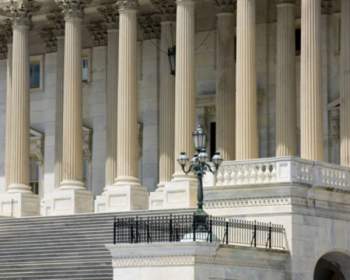
How Congress Can Interpret the Commerce Clause

The Commerce Clause grants Congress control over issues of commerce in all states, among Indian Tribes and with Foreign Nations. However, there was a determination made that not all issues of commerce are decided by Congress. Congress does not have absolute control over all commerce issues. Each state has some ability to decide certain issues such as taxation on out of states companies that do business in that state. Ultimately, the Federal court may make final determinations if taxes are challenged, or if decision making power is challenged.
The Commerce Clause, as part of the constitution, prohibits taxation, or other issues that relate to congress, from being determined based on discrimination or an act or prejudice. The Uniformity and equal protection clause is meant to ensure that no individual, or business get any unfair advantage due to differing treatment. To do so, would be bad for the nation. Competition is based on each companies ability to compete in a manner that begins with equality and continues with no unfair advantage due to tax breaks. Each state must grant all companies the ability to use services within each state, but may require that company to pay taxes for that benefit.
The dormant commerce clause was clearly utilized to grant each state some control over certain issues of commerce, such as manufacturing. The federal court system has made many determinations regarding the separation of power and control between each states government and the federal government. For example, Complete Auto Transit v. Brady, had a huge impact on each states ability to tax businesses from other states, that conduct business within another state. Interstate commerce was determined to be taxable by any state in which business was conducted.
That decision was based on the fact that companies conducting business within a state, enjoy benefits and services within that state and should shoulder some responsibility for the tax burden associated with those services.
The scope of Congressional power over issues of commerce, has been tested and upheld. That power is in place to ensure that companies within the nation, are able to conduct business in a fair manner, without discrimination. The Commerce Clause can prevent monopolies, or price fixing, because competition is encouraged through equal protections against discrimination.
The balance of the power to impose taxes on business, between each state and congress, has allowed businesses in the nation to flourish and expand. Therefore, it can be said that the Commerce Clause also protects jobs by ensuring that each business is more likely to maintain, or increase employment, by having fair competition.
NEXT: Implications of Due Process on Tax Law




















